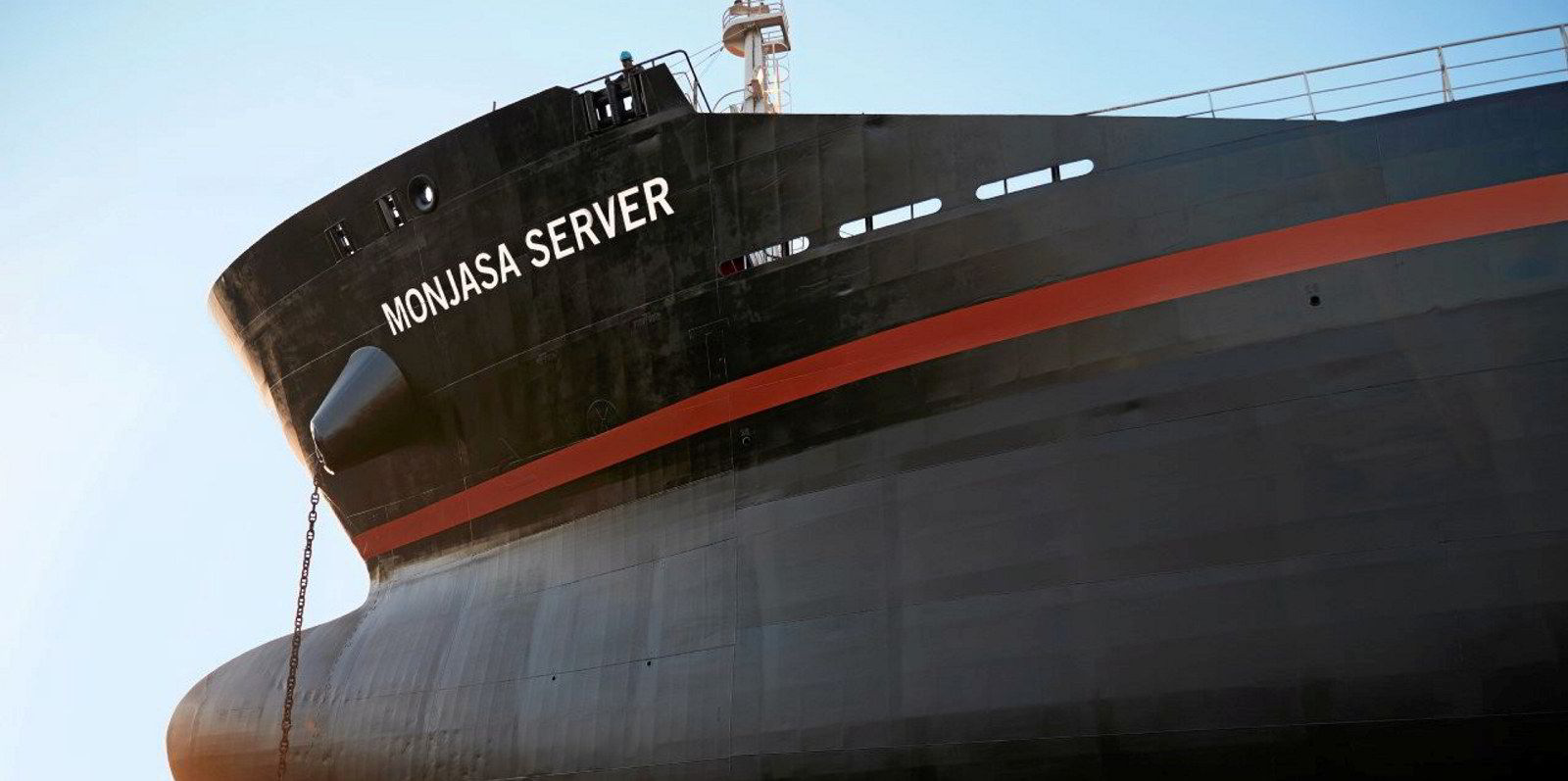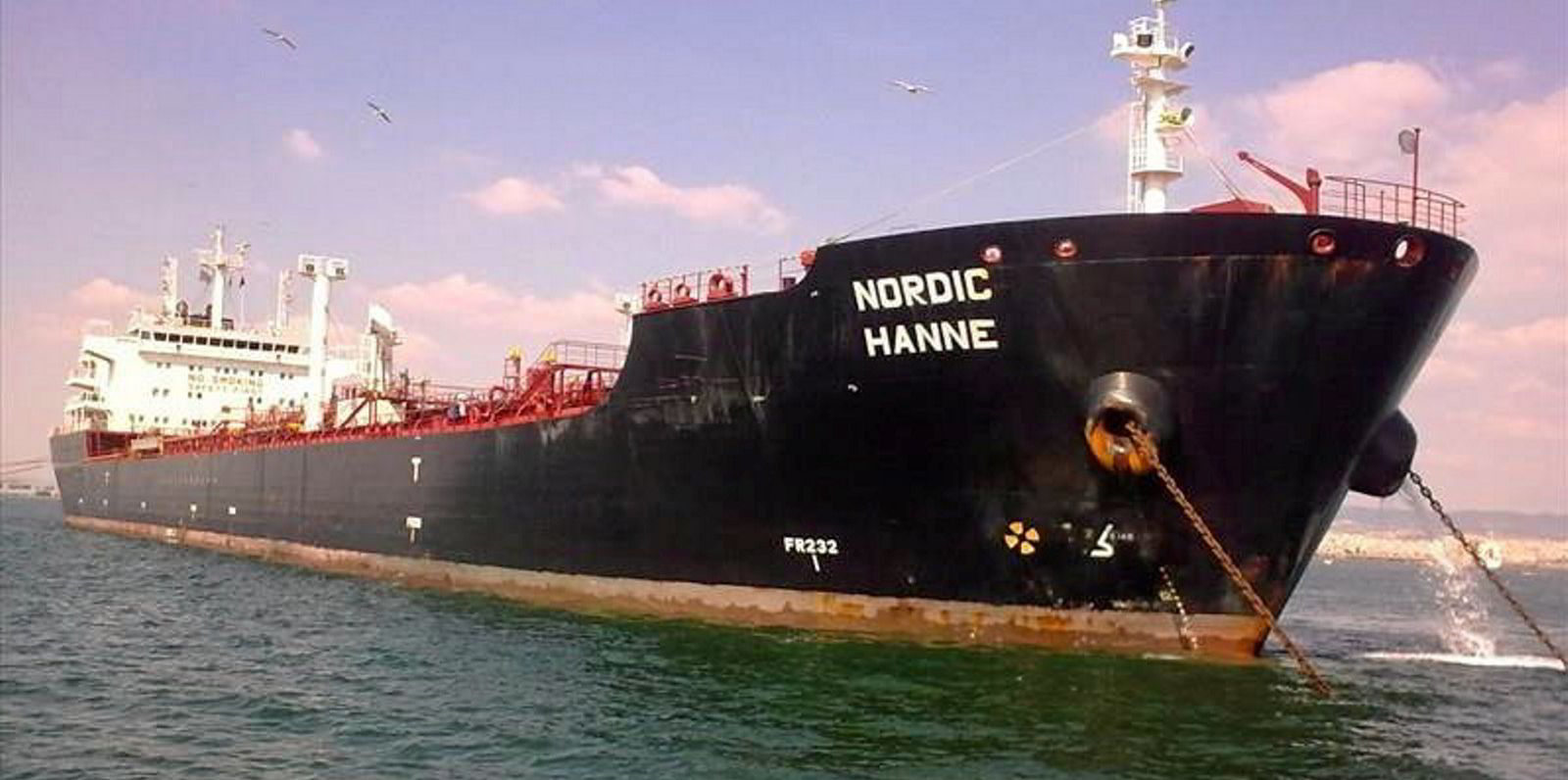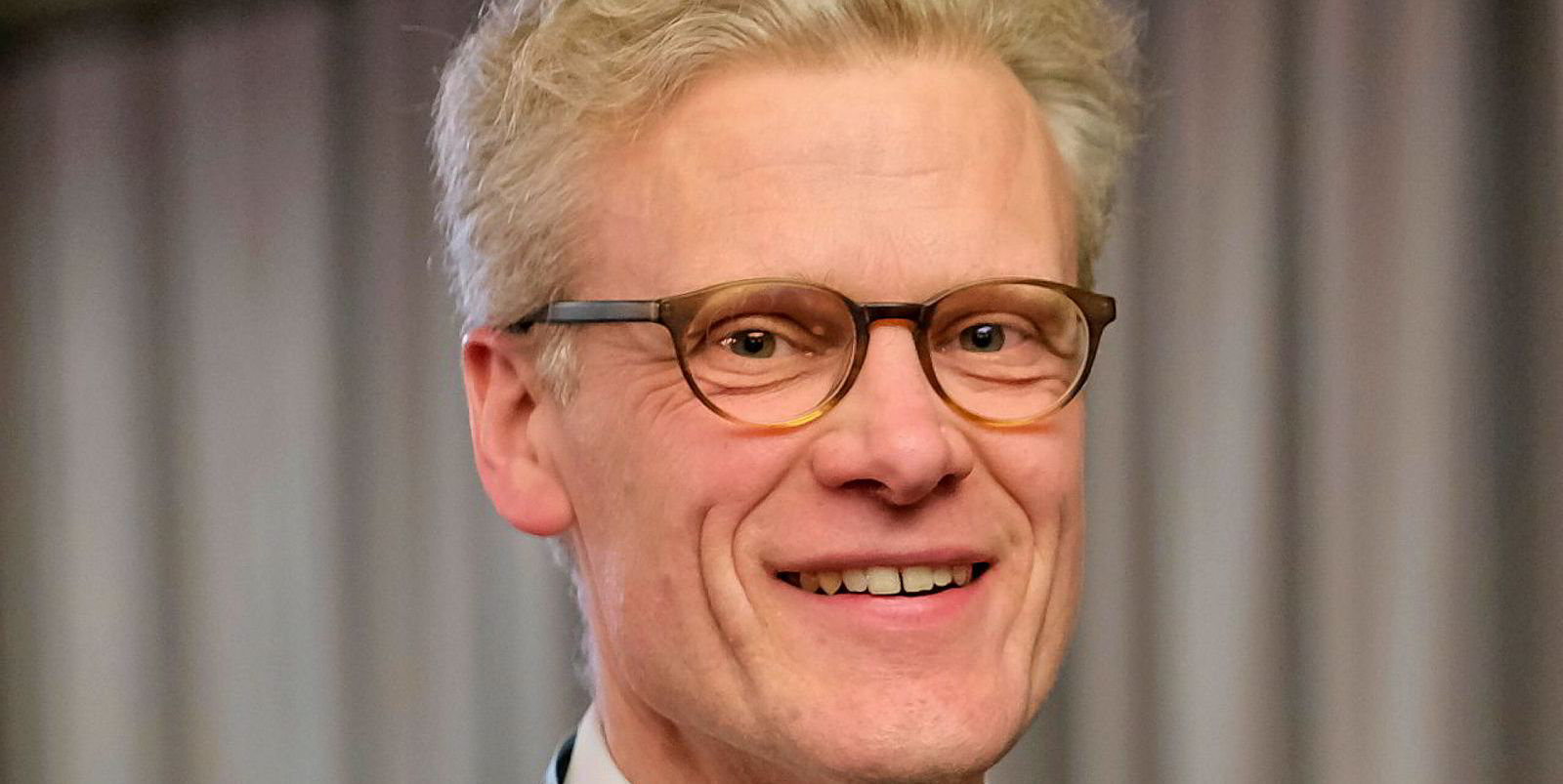Monjasa is expanding its Middle East operations by acquiring a Golden Agri Stena product carrier.
The Danish bunkering and tanker group said it had bought the 9,200-dwt GS Adventure (built 2009) and renamed it Monjasa Server.
Monjasa told TradeWinds it could not disclose a price. VesselsValue assesses the ship as worth $5m.
StenaWeco paid $7.3m for the ship in 2012, according to Clarksons, before moving it into the joint venture with Golden Agri Resources of Singapore.
The tanker has already made its first voyage into Jebel Ali in Dubai on 19 November.
The ship will support three other Monjasa tankers in the region, carrying out cargo and bunkering operations.
Monjasa has now increased its owned fleet from four to 11 tankers since 2018.
The company controls 20 ships in total.
Demand increasing
"During unprecedented times and continuous challenging global shipping markets, Monjasa records increasing demand for its marine fuel solutions compared to previous years," Monjasa said.
"In combination with tightening regulatory frameworks across the industry, deployment of quality tonnage is increasingly relevant to ensure compliance and flexibility."
The Monjasa Server has five tanks allowing multiple fuel grades on board.
"Capacity-wise she matches demand for transporting oil cargoes from the Fujairah bunkering hub to Monjasa’s main markets across Dubai, Abu Dhabi and Sharjah ports, as well as performing ship-to-ship refuelling operations," the group said.
In 2019, Monjasa supplied 600,000 tonnes of bunkers across the Middle East – equivalent to 13% of its 4.5m tonnes total volume.
Pursuing more vessel ownership
Group chief executive Anders Ostergaard added: "During the past years, we have actively pursued additional ownership of the supply chain through an increasing percentage of owned tonnage across our fleet."
He said the IMO 2020 sulphur cap sparked further market interest in how the new fuel products are being sourced, shipped and supplied.
"This most recent acquisition fits well with our ambitions and matches market demand in terms of cargo capacity and high technical specifications," the CEO said.
The group continues to prioritise the right mix of chartered and owned tankers to ensure both operational and financial flexibility.





